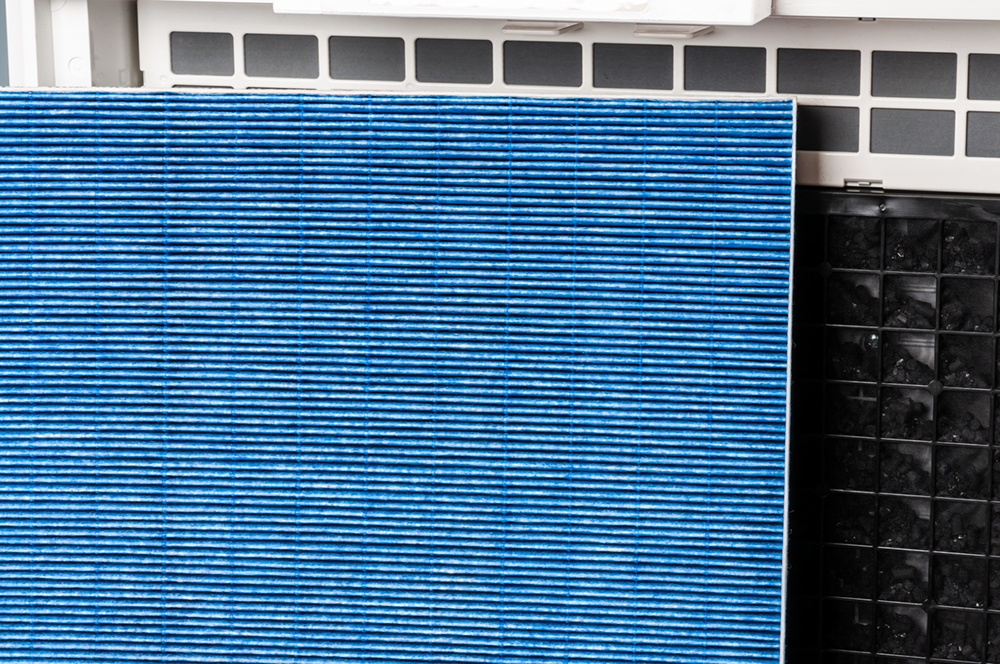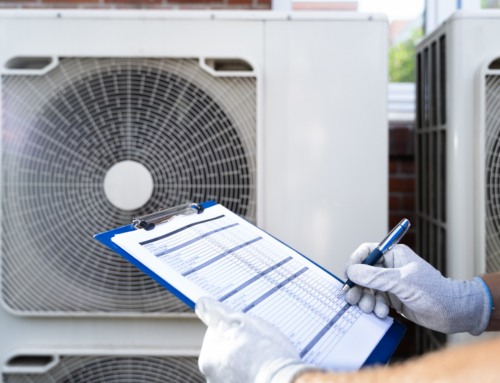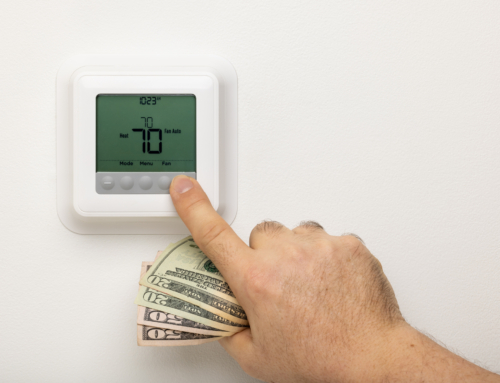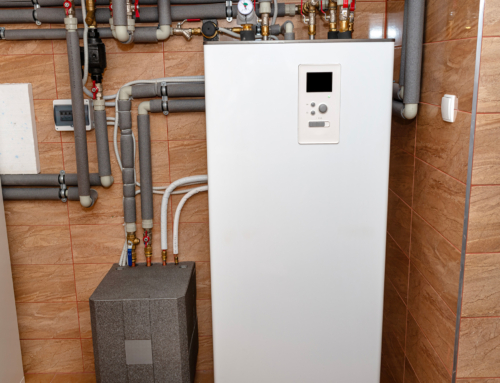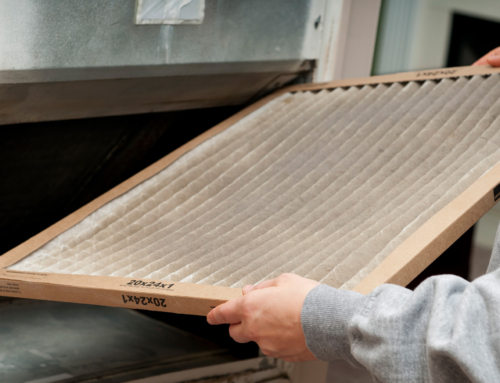If you’re a homeowner or small business owner, you’ve likely heard the acronyms “HEPA” and “MERV” before in discussions about furnaces and HVAC systems. Don’t let the two acronyms cause confusion; they are both types of filters for HVAC systems. What do they mean, exactly? What’s the difference? It’s fairly simple to choose between a HEPA filter and a MERV-rated filter once you get the answers to these questions.
Some filters are more effective than others, and some filters are best for your home while others can actually cause damage to your HVAC system. When browsing for air filters, you might come across recommendations for both types. Which should you choose?
What is a MERV Filter?
The first thing that needs clarification is that MERV is not actually a type of filter; instead, it’s a rating system for filters. When people say “MERV filter” what they are really saying is, “filter with a MERV rating.”
So, the MERV is a rating that was developed by the American Society of Heating, Refrigerating, and Air Conditioning Engineers (ASHRAE). The acronym MERV stands for minimum efficiency reporting value, and the scale ranges from 1 to 20.
What a MERV rating describes is a filter’s ability to trap particles that are between 0.3 and 10 micrometers in size. For the most part, filters can improve air quality with a MERV rating of 11-13, which are right for most residential spaces, and they’re beneficial for people with allergies, asthma, or pets. The higher the MERV rating, the smaller the particles a filter can trap.
What is a HEPA Filter?
HEPA filters might be more familiar to you than filters with MERV ratings. HEPA is an acronym that stands for high-efficiency particulate air. A HEPA filter is capable of trapping 99.7% of air pollutants that are as small as 0.3 micrometers. These are the filters that are often used in rooms that must be kept as sterile as possible, such as operating rooms in a hospital.
There’s a little bit of a problem with HEPA filters though: the ones that are the most powerful actually reduce the airflow that goes through an HVAC system, so you can’t go out and just pick up a HEPA filter for your home.
A residential HVAC system would have to do a tremendous amount of work to push air through a HEPA filter, and the filters would require costly retrofits. Additional fans would need to be added to help filter the air. All of this makes compatibility a challenge. So, in a nutshell, a HEPA filter is not a viable option as a residential HVAC filter.
The Bottom Line
HEPA filters don’t have a MERV rating because they actually exceed the MERV rating system. In other words, if HEPA filters did have a MERV rating, they would be at MERV 17 or higher. While this high rating is for filters that are needed in sterile spaces, for residential use and commercial buildings, you want to stay at MERV 16 or below.
As the leading HVAC company in the Bay Area, we recommend using air filters that have a MERV rating of 11 or 13 for your home. These will trap a substantial amount of pollutants without restricting the airflow.
Still have questions about air filters and your HVAC system? Reach out to A-1 Guaranteed Heating & Air, Inc. for pro help with anything regarding your heating, air conditioning, insulation, water heater, and windows. We serve customers all over the Bay Area, Napa, Solano, Contra Costa, Fairfield, and the surrounding area.

